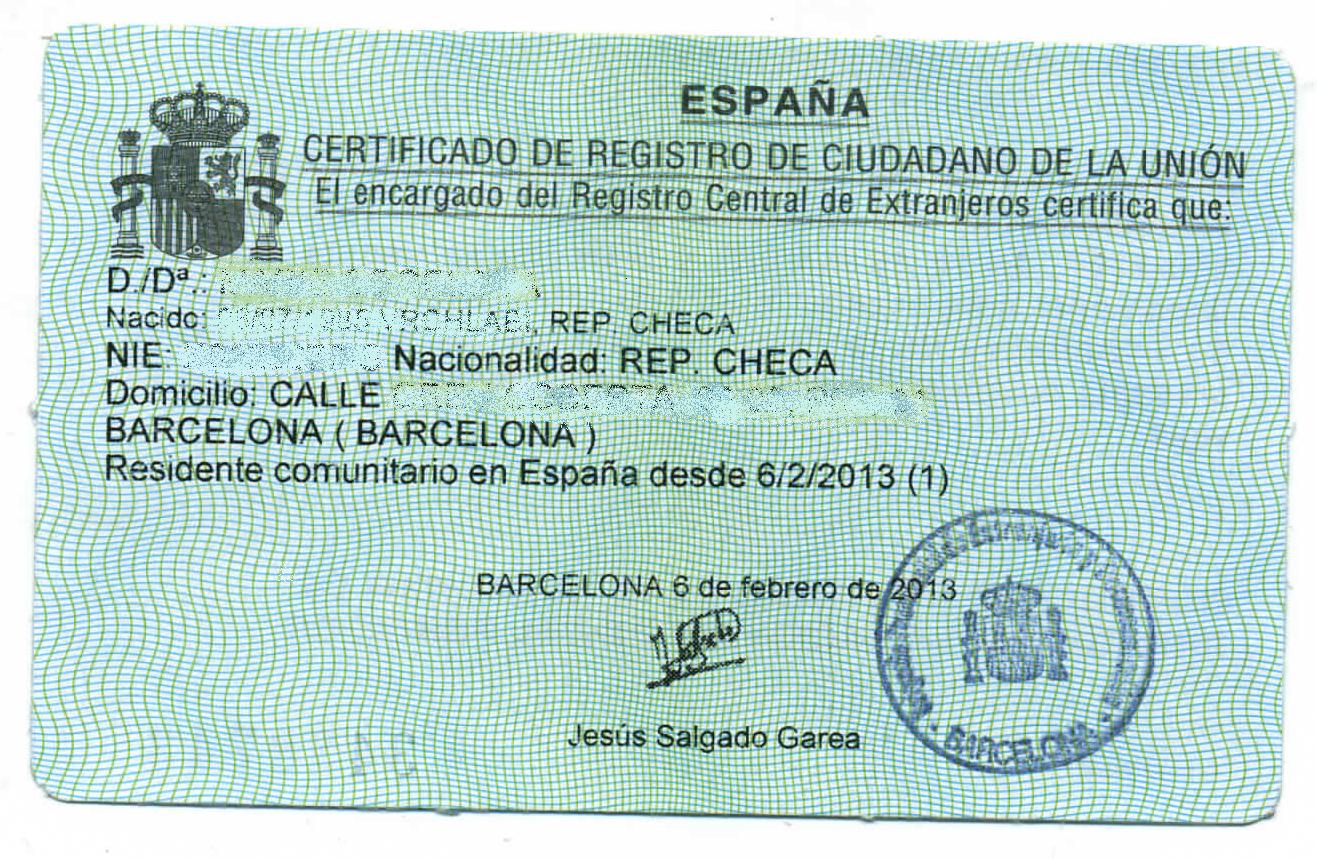Being a landlord and finding yourself in a problematic situation with a tenant is a complicated situation and causes a lot of uncertainty.
We know how important it is evaluate the quality of potential tenants, to avoid unpleasant situations. This is why in ShBarcelona, we personally take care of choosing the best tenants.
Rent your flat with ShBarcelona
In any case, and if you’ve come this far, it is because you need to know how to proceed from now on. Takes notes while we explain to you in detail what a landlord can do when a tenant doesn’t pay.
Table of Contents
What to do if a tenant doesn’t pay?
First, two situations need to be differentiated: it is not the same to have a delay in collecting the monthly rent as to not receive a payment month after month.
If you are in the second case, we invite you to take the following actions, recommended by the organization of consumers and users (OCU):
Talk to the tenant: In the first place, it is better to try to contact the person in question to clarify the reason behind why the monthly payment stopped and claim the payment.
If the tenant refuses to answer, then you may have to take legal action: sending a registered mail, a notarial act or an act of judicial conciliation.



Photo from Pexels
In the content of these documents, which have an evidentiary value, it is recommended to invite to negotiate through a proposal to settle the debt. If the tenant does so voluntarily, the litigation ends here.
We also recommend signing a resolution document with the key collection. In this way, it would not be necessary to require going through court, because the housing would be recovered as agreed in the negotiation.
If after these attempts do not receive an answer, unfortunately the last resort will be to sue them. Through this action, you can attempt to claim the amount of money owed to you or terminate the contract requesting eviction for default.
 As long as the tenant is solvent, we recommend that you claim the debt, otherwise the legal process can be complexified and you will also have to bear the legal costs. As long as the tenant is solvent, we recommend that you claim the debt, otherwise the legal process can be complexified and you will also have to bear the legal costs. |
What if I want to evict a tenant who doesn’t pay?
The usual procedure for evicting a tenant is handled through a verbal judgment. This is a quick procedure that is carried out with a lawyer and a solicitor.
It should be noted that before the trial, it is possible for the tenant to pay his/her debt by a deposit in court or before a notary.
If you really want to evict the tenant quickly, an agreement can be reached: the landlord erases all the financial debts in exchange for the tenant to leave the apartment on the agreed date or term.
Either option will be valid and will depend on the explicit desire of the owner. But there is another issue that worries, and a lot: the solvency of tenants.



Photo from Pexels
How do I know if my tenant is problematic?
Renting an apartment to a person who finds himself overnight in a complicated economic situation, is something difficult to anticipate from the moment you checked his income and employment contracts. However, there are many signs that can help you identify a dishonest or problematic future tenants. Here are some clues to look for before signing a contract:
- The person refuses or delays facilitating essential documents such as pay slips, employment contracts, or any other document justifying his economic situation.
- There appears to be reluctance on the part of intermediaries or other professionals to intervene in the formalisation of the contract.
- They have expressed an interest in the execution of a “verbal contract” and not a written one.
In any case, listen to your instinct, if one profile does not seem right to you, look for another. You also entrust him with the keys to one of your goods, it is necessary that trust is present at every step. Otherwise, to technically verify a profile, we recommend to use this tool: the FIM solvency certificate (file of problematic tenants).



Photo from Pixabay





















I’m in my 50s and I tried to collect my rent from said tenant and they push me down a flight of stairs and I still haven’t gotten any rent since last year